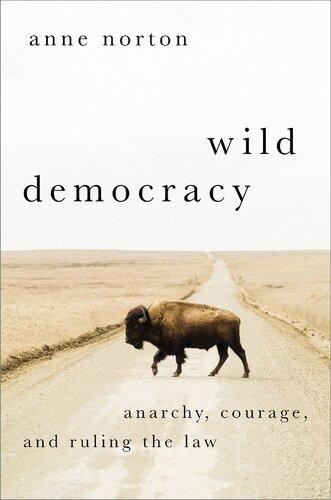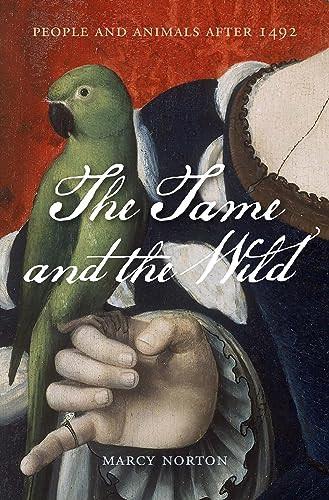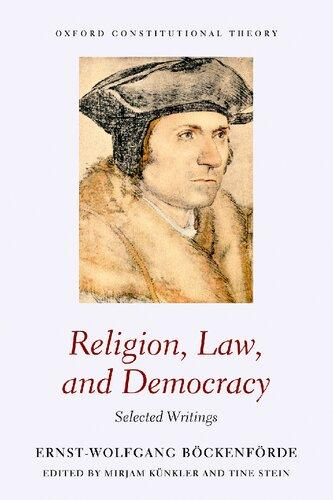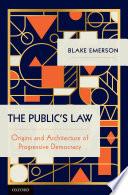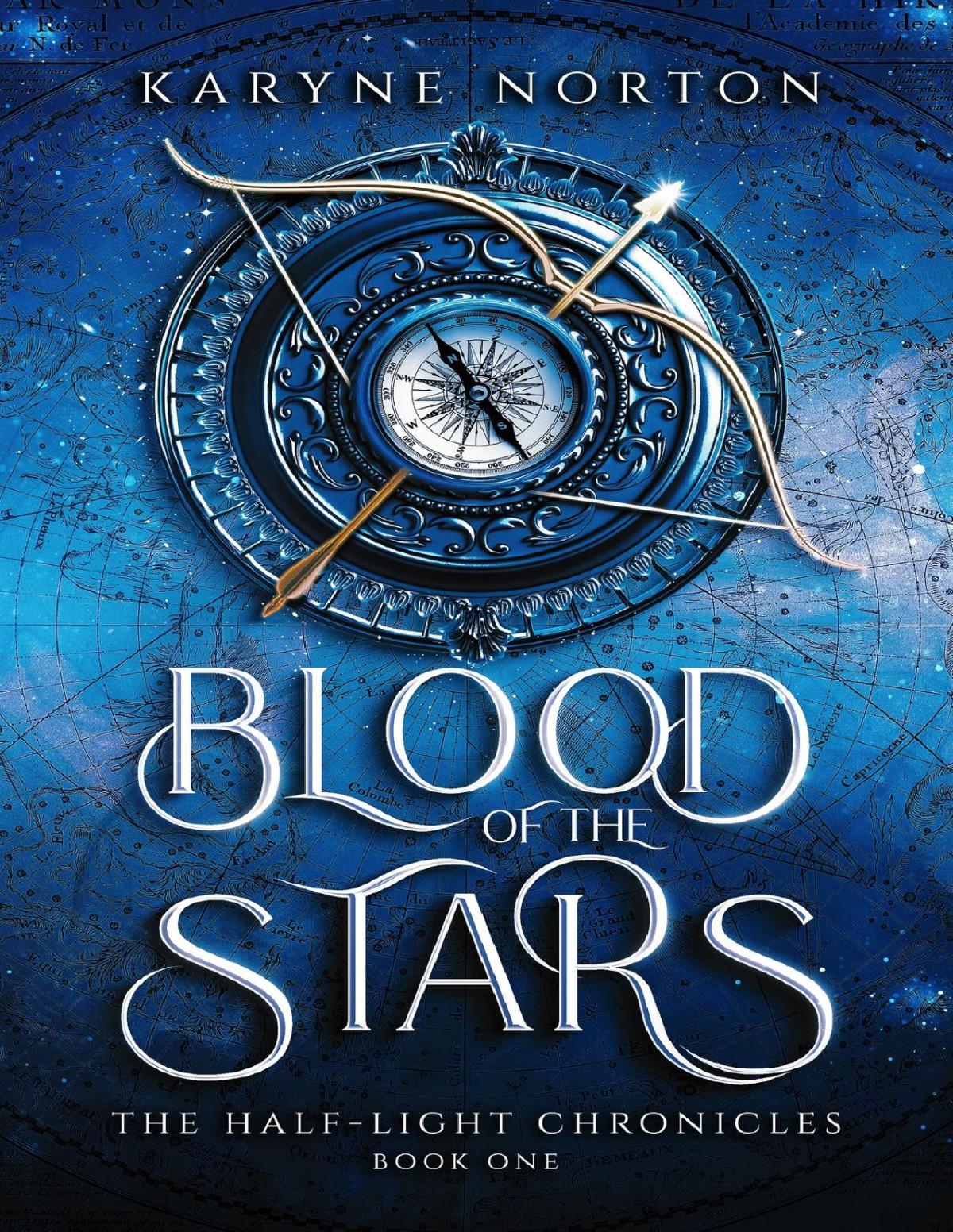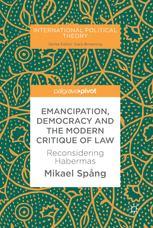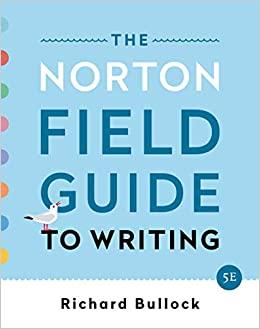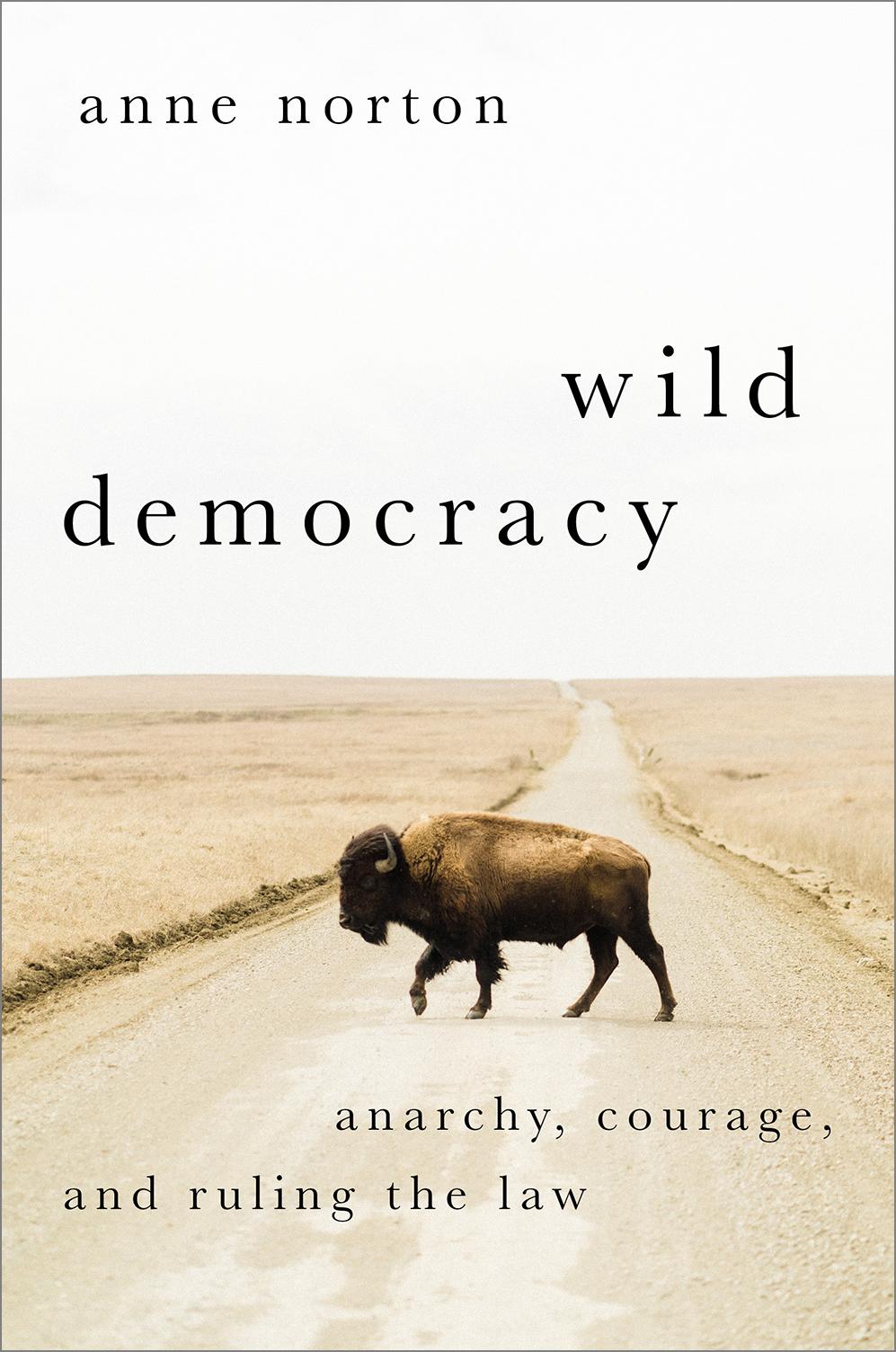I Anarchy, courage, democracy
1. Anarchy is the shadow and salvation of democracy. Authoritarianism is democracy’s enemy.
People defend repression by declaring that to oppose it would lead to anarchy, a chaos so profound that a decent life cannot be lived within it. The fear of anarchy fills politics and philosophy. Yet for something that is so often threatened, anarchy is remarkably hard to find. Politicians and media commentators point to “anarchy,” but the places they point to are not anarchic at all. Those supposedly anarchic situations have warlords and bosses. They are riven by feuds among the ambitious. They are chaotic, but this is not anarchy; there is not an absence of rule, there is too much.
If anarchy is hard to find, authoritarianism is difficult to escape. Long ago a prophet told a people who asked for a king:
This will be the practice of the king who will rule over you. He will take your sons and appoint them as his charioteers and horsemen, and they will serve as outrunners for his chariots. He will appoint them as his chiefs of thousands, and of fifties; or they will have to plow his fields, reap his harvest, and make his weapons and the equipment for his chariots. He will take your daughters as perfumers, cooks, and bakers. He will seize your choice fields, vineyards, and olive groves, and give them to his courtiers. He will take a tenth part of your grain and vintage and give it to his eunuchs and courtiers. He will take your male and female slaves, and your choice young men, and your asses, and put them to work for him. He will take a tenth part of your flocks and you shall become his slaves. The day will come when you cry out because of the king whom you yourselves have chosen; and the Lord will not answer you on that day. (Nevi’im I Samuel 9:11)
Wild Democracy. Anne Norton, Oxford University Press. © Oxford University Press 2023. DOI: 10.1093/oso/9780197644348.003.0001
We are still fools enough to tell children stories of good kings. Authoritarianism still holds an allure for the fearful. Every historical epoch gives us its autocrats as evidence. There are the autocrats most often marked as evil: Caligula and Hitler, Ivan the Terrible and Vlad the Impaler, Stalin and Hitler, Idi Amin and Pol Pot. There are the autocrats foolish people praise: Alexander (“the Great”), Alfred (“the Great”), Richard (“the Lion-hearted”), Cæsar and Justinian, Peter (“the Great”), Catherine (“the Great”), and Napoléon. There are those who divide people: Luther, Cromwell, Mao, Nasser, and Perón. There are, moreover, always those ambitious for authority—unconstrained authority—in the present. Abraham Lincoln, who knew he carried such ambitions himself, thought that the more firmly established, the more accepted, democratic institutions were, the more ambitious men would be tempted to overcome them.
Many great and good men sufficiently qualified for any task they should undertake, may ever be found, whose ambition would aspire to nothing beyond a seat in Congress, a gubernatorial or a presidential chair; but such belong not to the family of the lion, or the tribe of the eagle. What! think you these places would satisfy an Alexander, a Caesar, or a Napoleon?—Never! . . . Distinction will be his paramount object, and although he would as willingly, perhaps more so, acquire it by doing good as harm; yet, that opportunity being past, and nothing left to be done in the way of building up, he would set boldly to the task of pulling down.
It falls to the people to restrain those ambitious to be autocrats. They must “be united with each other, attached to the government and laws, and generally intelligent, to successfully frustrate his designs.”1 They must have souls great enough to see that the “family of the lion, or the tribe of the eagle” looks more like the family of the jackal and the tribe of the vulture (though those animals at least have the virtue of cleaning up after predators.) In order to do this work, the people must have the courage to oppose those they know are evil. They must have the pride, the dignity, and the sense of duty to stand against those who are called “great” and “lion-hearted.”
Authoritarianism is not, however, confined to great men. We have learned, to our cost, that those most hungry for authority, most avid for power, can be very small indeed. The harm these do is twofold, for they do harm out of their ambition and harm from their stupidity. Indeed, authoritarianism is not confined to men, great or small. The most astute critiques of modernity have recognized that the desire for an energetic and unhindered authority comes not only from those who want to rule but from those who want to be ruled. Conservative critics of liberalism note how readily people submit to systems or regimes that claim expertise or promise equality, prosperity, or protection. Weber famously saw the “iron cage” of bureaucracy imprisoning modern lives. People are hedged about by rules and regulations. We are expected to follow laws we don’t know and might not understand if we did. We are embedded in systems that assess our wealth, tax obligations, debt, creditworthiness, health, probable longevity, political preferences, and a host of other things, by mystical numerology and without appeal. Critics on both the left and the right have long observed the tyranny of the “rule of experts.”2 Now we are faced with the faceless rule of algorithms.
Effective critiques of these impersonal, bureaucratic forms of totalitarianism have come from conservatives as well as democrats, socialists, and anarchists. Edmund Burke distrusted abstract principles and categories, trusting instead in tradition and custom, knowledge collected from many people over many generations. He saw that seemingly irrational customs often shelter wisdom and reason within them. He believed that conventions soften change and tame principle enough to fit it more easily into human lives. The Southern Agrarians, Wendell Berry, and others like them mourn the loss of a world closer to nature. They treasure the ties that come when generation after generation calls a place home. They have faith in the constraints that custom places on conduct.
These critics recognize popular wisdom. They have respect for the practices of ordinary people in the course of their lives. They are suspicious of those who rely on reason alone, knowing that human reason is limited by time and circumstance and distorted by interest, ambition, perspective, and desire. They recognize the coercive power of many schemes for the betterment of mankind.
Radical critics recognize that the drive of governments and governance, of states and the powers of the economic realm is toward centralization and the consolidation of power. Wendy Brown joins Sheldon Wolin in this: “[T]here is no such thing as a democratic state, since states abduct, institutionalize, and wield ‘surplus power’ generated by the people; democracy always lives elsewhere from the state, even in democracies.”3 If we are to be democrats, we must learn, we must practice, anarchy.
“Anarchy,” Tocqueville wrote, “is not the greatest of the ills to be feared in democratic times, but the least.”4 Authoritarianism, not anarchy, is the danger that people should fear. The revolutionaries who hope to escape imperial rule, depose dictatorships, bring down monarchs and establish governments in which people rule themselves, find themselves confronting the ambitions of those who want to rule the newly or the not yet free. They will face defeat at the hands of the most ambitious among them. The revolution ends and the generals (or the colonels) take over. The revolution ends, and the leader called “the father of his country” comes to believe that it cannot continue without him. Few can refuse this temptation.
Authoritarianism is rooted in fear. Those who call for a strong hand, a firm authority, fear that things will change, that the present partial calm will not endure, that nothing is stable. They fear. Fear, as thinkers from Xenophon to Arendt have recognized, is at the heart of tyranny. The tyrant, Xenophon wrote in his dialogue “On Tyranny,” is always afraid. The tyrant’s fear grows, spreading until each person seems a threat: “The tyrants, all of them, proceed everywhere as through hostile territory. They themselves think it necessary to go armed and always to be surrounded by an armed bodyguard.” They are never safe, Xenophon’s tyrant argues, and least safe when they are at home, for “tyrants know that when they reach their own city they are then in the midst of the largest number of their enemies.”5 Every enemy the tyrant kills, every punishment the tyrant enacts creates more enemies, more reason for the tyrant to fear.
This is not, as Hannah Arendt saw, simply a pathology of dictatorship. Totalitarian regimes do the same. They see dissent in every act; they fear enemies everywhere. Everyone they kill, every punishment they exact creates more enemies, more reasons for fear. Their fear spurs
them to find these enemies and prevent dissent. They resort to censorship, surveillance, and networks of informants who can, perhaps, prevent the attacks they fear, yet every piece of information they gather feeds that fear. Fear spreads, as Arendt describes, until each person fears everyone else. The apparatus of surveillance and punishment becomes total, enveloping every person within reach. Surveillance and informing become part of “a method of dealing with his neighbor which everyone, willingly or unwillingly, is forced to follow.” No one is free; all are fearful. This is “a system of ubiquitous spying, where everybody may be a police agent and each individual feels himself under constant surveillance.” In the end, because everyone is an enemy to everyone else, and the state has earned the enmity of all, victims are “chosen completely at random.” Arendt argued that the “consistent arbitrariness” of totalitarianism “negates human freedom more efficiently than any tyranny ever could,” for willingly or unwillingly, the subjects become the eyes and ears and hands of a tyrannical state.6
The tyrant’s fear is a contagion. Fear is the enemy of democracy. We have every reason to fear authoritarianism, whether it comes to us in the guise of a man or a state. We have little reason to fear anarchy, yet the fear of anarchy shadows democracy. Where the people rule, each person is understood to have standing and freedom. Each has the right to leave if they choose, rebel if they choose. Each person may participate, perhaps each person should, but no one can be compelled. Anarchy is not only a possibility; it is a necessity. Anyone can leave, and so it is possible that everyone might leave. Anyone can refuse, and so it is possible that everyone might refuse. That refusal, the right to say no to rule, is the guarantor of our freedom.
Anarchy is the shadow of democracy in a double sense. Fear of anarchy shadows democracy. Anarchy is not to be feared; it offers shade, a place to rest, a place to hide. The shade anarchy offers protects us. The people who are most free are often not those who govern, but those who refuse to be governed, not those who join in rule, but those who refuse to be ruled at all. In America, Patrick Henry argued, the common man did not want power, still less did he want national glory; he simply wanted to be let alone: “He enjoys the fruits of his labor, under his own fig tree, with his wife and children about him, in peace and security.”7 Jefferson famously wrote that the best government was
“no government, as among our Indians,” and if he misunderstood the governance of the indigenous he nevertheless saw in their lives his own desire to be governed lightly, or not at all. We should be, Whitman wrote, “men and women who think lightly of the laws.”8
This is not an American desire. This is a human desire. James Scott’s work on “how not to be governed” echoes a long tradition of people seeking an escape from power. Behind Scott one can see Eric Hobsbawm’s brilliant writings on bandits and primitive rebels, and the work of that cadre of Marxist historians who brought forward the long history of rebellion and resistance in England and Scotland. Scott found the desire for an ungoverned life among Burmese peasants and mountain bandits. Hobsbawm found it in fifteenth-century England, nineteenth-century Mexico, and twentieth-century India. Christopher Hill found it in seventeenth-century England and wondered if it had fled to the Caribbean. Paul Gilroy, researching a diasporic modernity, found it crossing the Atlantic. Machiavelli wrote that while the privileged “want only to oppress, the people want only not to be oppressed.” One can find the desire not to be governed in any people, at any time. The desire not to be ruled is a simple human desire. It is the first and last defense against domination.9
Most people, in most of their lives, want power to leave them alone. They believe that they should make their own decisions about how they live their lives, that they are the best judges of what is good for them. They know too that there are many decisions they are not able to make. The best of them—no, most of them—know what they do not know. They will have the wisdom to withdraw from decisions they are not competent to make.
If they have the wisdom to withdraw from decisions they cannot make wisely, they also have the wisdom to know the decisions only they can make. They know that they have skills and circumstances that are theirs alone. To live their lives as they think best, they need to have the freedom to cultivate their abilities, learn what they need, and act as they decide. Artists and writers are often firm in claiming that freedom. They know that strong, original, and creative work comes not only when one learns from others or is guided by others, but also when one refuses to learn, refuses to be guided. The wisdom of the community is great, but all communities need, especially in times of crisis, those who
reject established knowledge and old wisdom. Politics, as much as art or learning, depends on people with independence of mind.
Any people who want to rule themselves must leave space for anarchy. People capable of ruling themselves will want the freedom to live their lives as they choose. They may choose to be ruled, lightly, and never without interruption. Anarchy is democracy’s shadow in this sense as well. It gives people a space away both from ruling and from being ruled. For people living in freedom, anarchy is a familiar place. For free people facing the loss of that freedom, anarchy, not authoritarianism, should be the last ditch.
2. For anarchy we need the anarchic.
Poets, philosophers, and the people have long recognized that bandits, pirates, outlaws, and rogues are close to democracy. There are many reasons for this. For some, this is simply another way of casting the rule of the people as the madness of the crowd, the rule of the Great Unwashed, the rise of starved beasts who will fatten on the wealthy. For those who regard the rule of autocrats or elites as the natural order of things, democracy is simply a theft of power, and people who rule themselves are no more than criminals.
The popular imagination of bandit democrats sees it otherwise. Pirates and bandits are admired for what they refuse and what they choose, for the wrongs they flee and the wrongs they attempt to right. Those who steal from the rich and give to the poor are honored and admired. Those who rob the poor or con the elderly, who extort protection money or amass great wealth through dishonest means are scorned. Stories of honest bandits are shadowed by stories of the rich and disreputable. Wealth, these stories remind us, is not a sign of honor or merit. There are inequalities to be remedied. In honoring outlaws, people put the justice of the present order in question.
The bandit, the pirate, the outlaw, and the rogue are all outside law and custom. All defy order for its own sake. Some, like Robin Hood, are placed outside the law by unjust rulers. They are law’s exiles. Their outlawry is a rebuke to the ruler’s claim to justice. Some bandits are driven out by poverty. They are a rebuke to a country that cannot provide for
its own. Other bandits, pirates, and looters defy the laws that govern property and possessions. Where law produces radical inequality, they refuse it. All refuse order for order’s sake.
When pirates, bandits, and outlaws band together, like the Zapatistas, Phoolan Devi’s band, or Robin Hood’s Merry Men, they choose to rule themselves. They consent to rule and to be ruled. These remembered or imagined outlaws are, as Hobsbawm and Scott have argued, primitive rebels who are learning—if they have not yet mastered—“the art of not being governed.”10 They also point to a central question for all people: What is one’s own? Bandits who “steal from the rich and give to the poor” demonstrate a democratic sensibility. In their rough redistribution of ill-gotten gains, they remove one of the most serious obstacles to people ruling themselves. Woody Guthrie put it this way in his ballad of the outlaw Pretty Boy Floyd:
Many a starvin’ farmer
The same old story told How the outlaw paid their mortgage And saved their little homes
. . . as through your life you travel, Yes, as through your life you roam, You won’t never see an outlaw Drive a family from their home.11
Pirates too are on the way to the democratic. Pirates elected their captains for one voyage, agreed to serve under them, and retained the right to depose them when they chose. Pirates voted on missions and on the division of plunder. They also instituted social welfare programs, providing for those who were hurt or maimed or the families of those killed in battle. They included people of all races, all sexualities, “villains of all nations.” Like Hobsbawm’s bandits, the pirates often served, directly and indirectly, in rebellions against oppressive rule. They sailed into the unknown. They had the courage of people who consented to ruling and to being ruled, the longing not to rule at all.12
Outlaws deserve their name and the ambivalence attached to it. They are outside the law. Frontier outlaws are beyond law’s reach; often they are political exiles or refugees whose rebellion precedes their outlawry. All outlaws, of necessity, live and work outside and often in defiance of the law. Their actions can show the limits, the fragility, or the injustice of the law. Bands of outlaws, like those of Pancho Villa, raise the possibility of other political orders, outside or against the state. Where the state is unjust, they can move easily into revolution. All outlaws put the commanding power of the law in question. They show the limits of the law’s power. They show the distance between law and justice.
For Jacques Rancière, democracy belongs to the part that has no part, to the excluded. In A Renegade History of the United States, Thaddeus Russell “tells the story of “bad” Americans—drunkards, prostitutes, “shiftless” slaves and white slackers, criminals, juvenile delinquents, brazen homosexuals, and others who operated beneath American society—and shows how they shaped our world, created new pleasures, and expanded our freedoms.”13 This is, as Russell recognizes, an American (though not only an American) tradition. These people, the mad, the bad, the irrepressibly transgressive, mark the boundaries of sane, moral, and lawful a conduct, putting those boundaries in question. They expand dangers as well as possibilities: opening paths and setting traps. This might be, Russell declares, “history from the gutter up,” but any look at American culture, at any moment, in any place, shows people ready to embrace these freedom-loving transgressors. The antiheros of every genre—videos, novels, comic books, history— testify to the importance of the rebel to the drive for freedom.
Russell departs from Rancière (or does he?) in seeing the excluded as alien to democracy. The democratic revolutions turned, he argued, from external to internal governance. People were called to discipline themselves. Russell has a keen eye for those forms of coercion that live in the mind and heart, governing conduct when government is silent— as well as those formal attempts, even (perhaps especially) by the partisans of political liberty—to regulate moral conduct. He provides a detailed account of the “renegades”and their contributions—witting and unwitting to freedom while recognizing that any world they would make “would be a living hell.”14 If we are to become democrats, we need to rule ourselves, but we do well to recognize the cost of the discipline
democracy demands of the people, and the ways in which it may deform us. We need to keep a space for anarchy not only in the world, but in ourselves. Acts and practices that may seem, at first blush, to be distant from the political can be salutary political forces.
The rebels, the shiftless, and the transgressive who are suspicious of power fuel the drive to freedom and the drive to greater justice. They combat the excesses of those who want to govern too much. They mock those who have the arrogance to tell others how to pray, how to dress, what to eat, how to live. They open the possibility of other lives. Drag queens and voguers changed how people saw and then how they thought about sexuality, about race, about beauty, about who should be welcomed when they appeared in the world. Once they were shocking and outrageous. No more. Now they are ours.
These disobedient ones have served in other ways. Because they distrust power, they may protect others among the powerless. Because they have the courage of their own judgments, they can stand fast when rights and the just are under attack.
There is an old poem, written by a man who was a rebel himself, about those who keep honor safe. Vachel Lindsay’s willfully democratic and political poetry is out of step with my time but speaks to it with a directness that pierces the heart:
We slept thro’ wars where Honor could not sleep We were faint-hearted, Honor was full-valiant We kept a silence Honor could not keep.
Yet this late day we make a song to praise her. We codeless will yet vindicate her code.
. . . A battered, rascal guard will rally round her To keep her safe until the better years.15
The bandit, the outlaw, the rogue, the rascal, the battered, and the shunned live at the very boundary of the country, in the nation but outside the state, of the people but outside the law.
When people believe the law has failed them, they may (they should) turn to the people as a whole. They will have to ask, “Who are my people?” They will look for guidance to the living and those yet to
be born, questioning the sins (and perhaps the achievements) of the past, reconsidering their hopes for the future. When the law fails them, they look to those the law has failed. They will look to those among the present people who live abandoned by the law, in defiance of the law, and to those the law could not reach. When the people falter, they may find their hopes sheltered in unexpected places. Honor finds a refuge where reputation is lost.
There is another appeal made here. The bandit, the outlaw, the renegade, and the antihero argue for the possibility of redemption. Flawed people, people who have done wrong, committed sins against god and man, done acts of cruelty and failed, over and over again, to be good, can still find their place. The antihero speaks to those who believe they have done wrong—that is to say, most of us, for there are few among us who have no regrets. These stories show a path. People see that they can overcome their past, their errors, their shortcomings. They can learn to rule themselves.
The outcast and the exile, the shunned and the rejected have a place among the people. In this respect, as in many others, the rule of the people seems to be well understood among the religious (though they too rarely defend it). People of faith have learned to look among outcasts and exiles for prophets and saints, for the presence of the divine. For Christians, it is the child born in a barn and killed as a criminal who becomes the Redeemer of Mankind. Jews remember that those who worked as slaves in Egypt were raised above Pharaoh and brought to the Promised Land. Islam has such figures at its center: the outcast Hagar and her child Ishmael, the Prophet forced out of Mecca. Hinduism shows us Krishna among the Gopis, Rama and Sita sent into exile. In every time, in every culture, there is the recognition that greatness, even divinity, is to be found among refugees and exiles, the abandoned and the rebellious.
The recognition that the rule of the people belongs to the bandit and the outlaw, the pirate and the rogue, is as strong in conservatives as liberals, in philosophers as in poets. Those who distrust the people are found more often on the right than on the left, but are present in both. They anchor their distrust of the democratic in suspicions of the rebellious and the transgressive. Jacques Derrida is understood—and, I believe, understood himself—as a man of the left. That did not mean that he
was or wished to be a man of the people. For Derrida, democracy was so fragile that the people could not be trusted with it. That is a common—the most common—view of democracy among philosophers. Derrida, however, distinguished himself by concluding that democracy belonged to the future (avenir), but a future that was always out of reach. Democracy was à venir, a future that, although it is to come, never arrives.
Derrida recognized, nevertheless, that there are people who are close to democracy. Those were the rogue and the shebab, young Muslims in the street. Where the rogue is, he wrote, democracy is never far away.16 For the people of the streets, for the people, democracy can never come soon enough. Democracy is shaabi in the Arabic that frightened Derrida; it belongs to the people, the masses, the crowd, the shaab hurri: to free people.
3. Democracy is shabby.
The Arabic word shaabi means “of the people,” but democracy is also “shabby” in the English sense. Democracy is the regime of worn-out shoes and old clothes, of frayed collars and thrift shops. For Plato, and many after him, democracy was government of the poor. Democracy accepts and belongs to those for whom shabbiness is, in Pierre Bourdieu’s apt phrase, “the choice of necessity.” No one has to dress up for democracy. Democracy belongs not to special occasions but to the everyday. Democracy begins not in the halls of government but in the streets, in bars, and at kitchen tables. You come as you are to democratic debates. Politicians who want to signal (as they must) that they belong to the people take off their suit jackets and roll up their sleeves. During his 1952 run for the American presidency, Adlai Stevenson was mocked for having a hole in his shoe. He made it the symbol of his campaign. The worn-out shoe testified to his hard work and frugality; it marked his efforts to speak to as many people as he could. The shoe bore witness to his labor. His indifference to the worn shoe showed an indifference to the marks of wealth and status. That is at the heart of democratic practice. Every politician who eats a corn dog at a county fair or sits down at a diner in jeans testifies to the importance of appearing (at least for the moment) as an equal.
There is nothing new in this. The Scottish poet Robert Burns, who had proud disdain for show and a deep commitment to the rule of the people, contrasted their simple dress and manners with those of a wasteful, empty, and parasitic aristocracy:
What though on hamely fare we dine, Wear hoddin grey, an’ a that; Gie fools their silks, and knaves their wine; A Man’s a Man for a’ that.17
This democratic shabbiness is welcoming and welcome, but the name “democracy” is shabby in a more troubling sense. The name “democracy” has been used so often by autocrats, attached so shamelessly to dictatorships and totalitarian regimes, appropriated so carelessly by liberals, that it has ceased to mark places where the people rule.
Even where people affirm their faith in the consent of the governed, the institutions they call “democratic” are often not democratic at all. They reflect a profound distrust of the right and the ability of people to rule themselves. The rule of law, representative assemblies, and affirmations of rights (especially property rights) are not necessarily democratic. They are more often used to restrain the people than to enable them to rule.
Many of us are told we live in a democracy, but we see too few moments when the people rule. The name “democracy” is worn and shabby. We need to mend it.
4. Fear is the enemy of the free.
When Oliver Cromwell called himself the Lord Protector he taught people something about protection. Fear drives people to seek the protection of the strong. In times of fear, people turn to generals, dictators, strongmen, and caudillos. They believe that these, because they are strong, can offer safety from what they fear. They are wrong. Strongmen are not protectors; they are beasts of prey.
During Egypt’s January 25th Revolution people acted fearlessly. They overcame their fear of a regime that had imprisoned and tortured
people with regularity. Secularists discovered, as one told me with surprise, “We can work with the Muslim Brothers.” The religious saw that secularists could be honorable, ethical people, who stood hand in hand with them and formed protective rings around them as they prayed. The Egyptian people took courage from one another. That courage did not last quite long enough. Before Mohamed Morsi’s term was out, the same people who had found joy in a common struggle had turned against each other. They began to fear and fear destroyed them. They turned away from fearless work with rivals and enemies to the protection of a military dictator. Perhaps they will find the courage of Tahrir Square once again.
People flee to the protection of an autocrat when they have abandoned faith in their own power and that of their people. They have abandoned that sense of dignity and daring that belongs to those who have the courage to rule themselves. They become supplicants and sycophants. They will be forced to obey. They will find that they have more to fear from the leader than they had to fear from one another.
Those who are afraid are neither deluded nor (at least not always) dishonest. There are always reasons for fear. Perfect safety is a fiction, and a dangerous one.
In the late 1960s, as nuclear weapons transformed from doomsday bombs to ordinary weaponry in the minds of the people, Sheldon Wolin wrote of the perverse relation between our weapons and our fears. He saw that the increasing sophistication of our weapons— the ability to impose devastating destruction, to fire those worlddestroying weapons from far away, to mark targets—did not make people feel more secure. Instead it made them increasingly anxious. Promised complete security, they became sensitive to every intimation of a possible attack. They felt not more secure but less.18 Perhaps people recognized, consciously or unconsciously, that the weapons were a threat in themselves. There is always the possibility of accidents in their production, their storage, and their use. They provoke others to make weapons of their own. They can drive an arms race. The presence, even the possession of weapons of mass destruction, makes any incident a potential pretext for an apocalypse.
We are told that weapons make us strong. We find they make us vulnerable. We are told that increased security procedures make us safer.
They fill us with anxiety. We want to be free and brave, but we make ourselves docile and fearful. We want to protect the people, but we sow fears that divide them. We teach our people that they are prey.
The perverse effects of enhanced security are evident in other forms of security as well.
The enhanced security procedures that followed terrorist attacks in Europe, the United Kingdom, and the United States made us less safe and diminished our courage and our dignity. We were taught to walk through cattle chutes to X-ray machines and thank the people who pat us down for the privilege. We are told to enhance surveillance by serving as watchers ourselves. “If you see something, say something” might at its best remind us that ordinary people have the capacity for judgment, but it is more likely to make us see the people around us as potential terrorists. Worse, we may be tempted, we may have been instructed, to see some people as more dangerous than others. The Prevent program in the United Kingdom in the early twenty-first century required people to report Muslims in danger of radicalization. The process of being identified as a danger, reported to the state, and subjected to a program of deliberate reeducation is unlikely to diminish radicalization. At each point it reminds the targeted people that the state sees them as present dangers and potential enemies. At each point, it instructs them that the state is deploying its powers to separate, censor, and instruct them. At each point, it requires them to see themselves as apart from and feared by their own people.
Those who are targeted in such programs are not well served by them, but neither are those considered safe. They are taught to see themselves as prey, fearing every padded coat and backpack, shying away from any voice speaking, singing, or praying in another language. They are taught to see authorities not only as protection but as absolution. They cannot be wrong to report a neighbor, a friend, a child: they are doing as they are told. They are keeping us safe, while the category “us” grows ever smaller, ever narrower. They diminish the country they claim to preserve. They make their people more divided, more bigoted, more censorious, more fearful than they were.
Franklin Roosevelt was right to declare to a hungry, impoverished, and desperate people, “We have nothing to fear but fear itself.” Without fear, with fear mastered, people can go on to do the work they need to
do together. They can draw on the skills, the generosity, and the courage of their neighbors. They find that they have no one to depend on but themselves, and in that knowledge they find solidarity and fortitude.
Fear is not only a weapon of authoritarian rulers and intrusive states. Fear lives in neighborhoods. Fear lives in the mind. In the United States, white women were taught to fear Black men. They were taught that Black men presented a special danger to them, that they were more likely to be raped or robbed or attacked by Black men. Those women had already been robbed by white men. They lived under laws that gave their fathers, brothers, husbands, and guardians the right to control how and where and with whom they lived, how or if they earned money, and any funds they earned or inherited. They lived under laws and the greater power of customs that permitted their husbands to rape and beat them at will. They knew those men had power. They knew that power did not always serve them, had sometimes hurt them, always diminished them. Yet they were taught, from the time of their birth, to see those men as their protectors. Black men came to recognize that few things in the world were a greater threat than white women. A lie, a word, an ambiguous glance could outrage a bigot and inflame a lynch mob. White women, dependent on white men, could shift from friend to foe in an instant. White women could not be trusted.
Those laws, that teaching, drew a sharp line between Black men and white women. Each was taught to fear the other. Each was taught to see the other as a site of danger. Each was taught that rescue would come, if it came at all, from the powerful: from white men with standing and resources. This was the logic of lynching. It made solidarity between Black men and white women unimaginable for all but great souls.
Black women, indigenous women, Asian women, any woman marked as different, any woman alone was prey. Such women may have developed a sharper sense for footsteps in the dark, knowing that they had no security in a powerful protector. Some still put their faith in men: men of their own kind or more powerful men. There were times when their faith was justified. There are always men, always people, who act with justice and courage when law or custom teach them to do otherwise. Wiser women learned to rely on themselves.
You may think the time for those fears is past. I think you are wrong. There are other fears that operate in this way. When people need money, they may go to their friends. They may go to their parents, feeling shame. More often they go to the boss, to the bank, to a pawn shop or a loan shark. They go knowing that they may be denied, knowing that they are likely to be exploited. Wherever they go, their need makes them vulnerable. They go to those who are more powerful, and their appeal strengthens an already present hierarchy.
In each case, in every case, those who have reason to fear are better served by solidarity than by the protection of the powerful. If fear drives them, it should drive them to one another. Courage would serve them better than fear.
People who want to keep their freedom, their equality, their courage, and their capacity to rule themselves should refuse fear and teach themselves courage in its place. There are dangers in courage, to be sure, but those dangers threaten our bodies, not our souls. Living with freedom and dignity, great among equals, might require us to take a few risks.
5. If people are to rule themselves, they must have courage.
Courage is necessary for democrats. Revolutions require courage. If we are to rule ourselves, we must be brave enough to live with our enemies. We must be brave enough to go into the unknown. We must be brave enough to face what will come.
Perhaps this is not yet common knowledge, but it is surely the knowledge of the commons. When we look for people brave enough to demand to rule themselves, we see that courage. We see a man dancing around a water cannon in a back street in Egypt. We see people facing down tanks in Tahrir Square, Portland, Hong Kong, and Khartoum. We see a woman standing alone before armed police. We hear Mamie Till-Mobley insisting that her son’s coffin be opened for her to see the mutilated body of her child. We hear her demand that it be shown to all. Courage calls forth courage. That call fires people to wrench open
